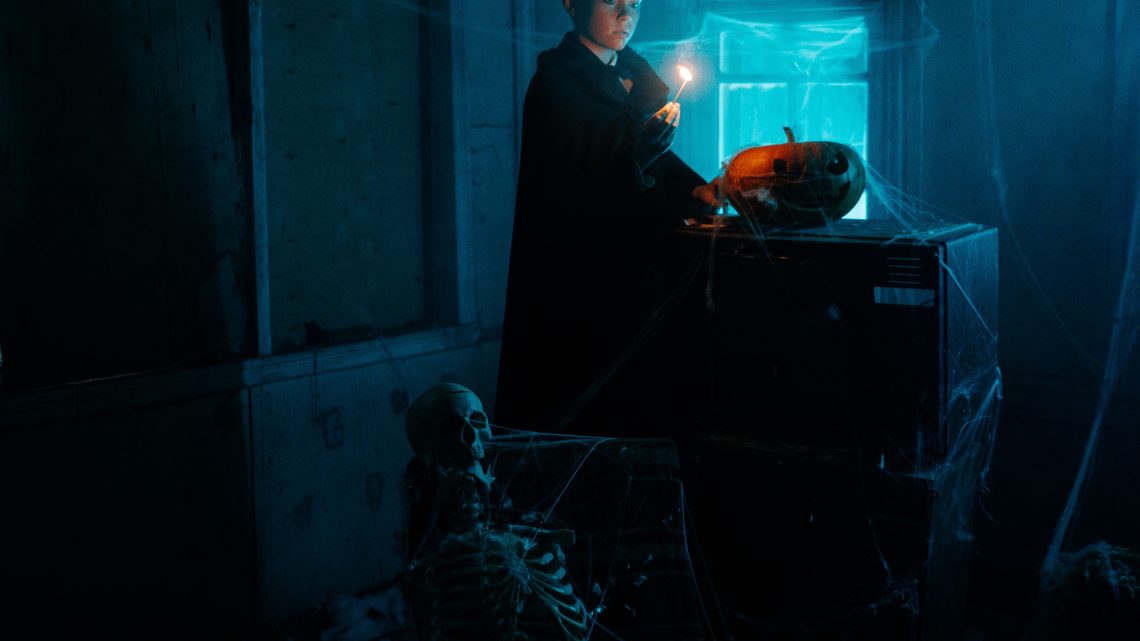Spooky adventures and scary delights have long been associated with Halloween. For many, haunted houses and amusement attractions are a beloved way to celebrate the Halloween season with friends, family and loved ones.
But what may be a harmless activity for fun can turn dangerous: haunted houses can have serious liability issues. With crowds of people, sharp turns, steep stairs and low visibility, accidents and injuries are bound to happen. The question then becomes who can be held liable in a haunted house accident?
The Attraction of Haunted Houses
Haunted houses appeal to many. Whether you are excited to celebrate with kids or genuinely want to test your scare capacity, haunted houses have much to offer: due to their appeal, the growth of the haunted house industry has exploded.
According to Hauntworld.com, there is an estimated 4,000 haunted attractions operating in America today. In 2013, NBC reported haunted houses were a $300 million a year industry.
Scary vs. Dangerous
With the growth in popularity also means the growth in controversy for some extreme haunted attractions that cross the line between spooky and seriously dangerous. McKamey Manor, for example, has been a highly debated haunted experience: patrons claim to have made contact with raw sewage, eaten rotten eggs, been faced with bees and even forced to walk planks that reach seven feet high with no nets underneath.
What some argue may be labeled as “scary”, others note is really a disguise for an intentional torture house. “While many tort cases deal with accidental harm and wrongs,” such as tripping in an uneven haunted house step or slipping on an uncleaned mess, “an intentional tort occurs when a person purposely commits a wrong to another person,” note the Westminster personal injury lawyers at Ciancio Ciancio Brown, PC. Haunted houses can be held liable if they fail to uphold their duty to keep patrons safe, but in the case of McKamey Manor, they have patrons release their right to sue for any and all potential harm.
After harrowing experiences at McKamey Manor, some patrons have explored legal remedies to try to find loopholes in the 40+ page waivers to file lawsuits seeking damages for physical injuries and emotional distress.
Legal Responsibilities of Haunted House Operators
As a business, haunted house operators have a duty of care towards patrons. The haunted house and its owners and operators must make a reasonable effort to maintain safe premises for guests and can be held liable for injuries when failing to do so.
They must reasonably attempt to keep the premises safe and provide adequate warning to visitors and guests of any potential dangers, such as uneven ground, unmarked stairs, dangerous spills or toxic chemicals. Background checks and training for actors and staff should also be conducted as well as ensuring compliance with local safety regulations.
Common Haunted House Injuries
Patrons of haunted attractions must understand the assumption of risk prior to entering the premises. A patron must also follow all safety instructions and rules and is encouraged to report unsafe conditions or behaviors.
This said, accidents and injures still happen. Common injuries at haunted attractions can include:
- Slip and fall injuries
- Falling merchandise or decoration injuries
- Tripping injuries
- Seizures from flashing lights
- Collision injuries with walls and doors from dimly lit locations
- Cuts, scrapes and bruises from nails used for construction and decorations
- Overcrowding and trampling
- Carbon monoxide poisoning
Protecting Yourself and Your Loved ones
There is a distinct difference between scary and dangerous. Haunted houses should be scary yet safe. Haunted house operators have a legal responsibility to ensure a safe environment and to provide a memorable, but safe, experience for their visitors. Visitors, on the other hand, should be aware of potential risks and actively follow safety guidelines while participating in haunted attractions. By striking a balance between scary and safety, the haunted house industry can continue to thrive, providing unforgettable experiences without crossing the line into genuine danger.




No Comment